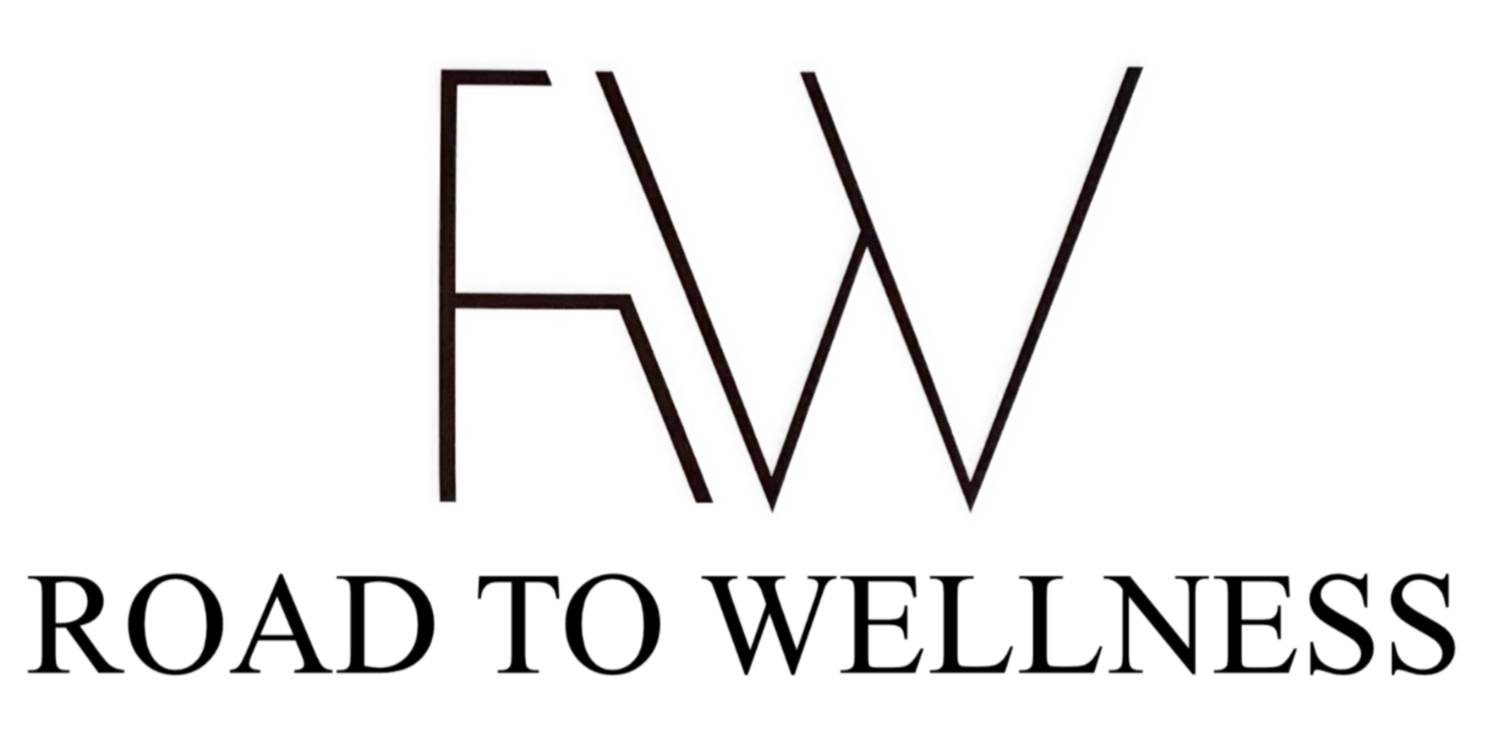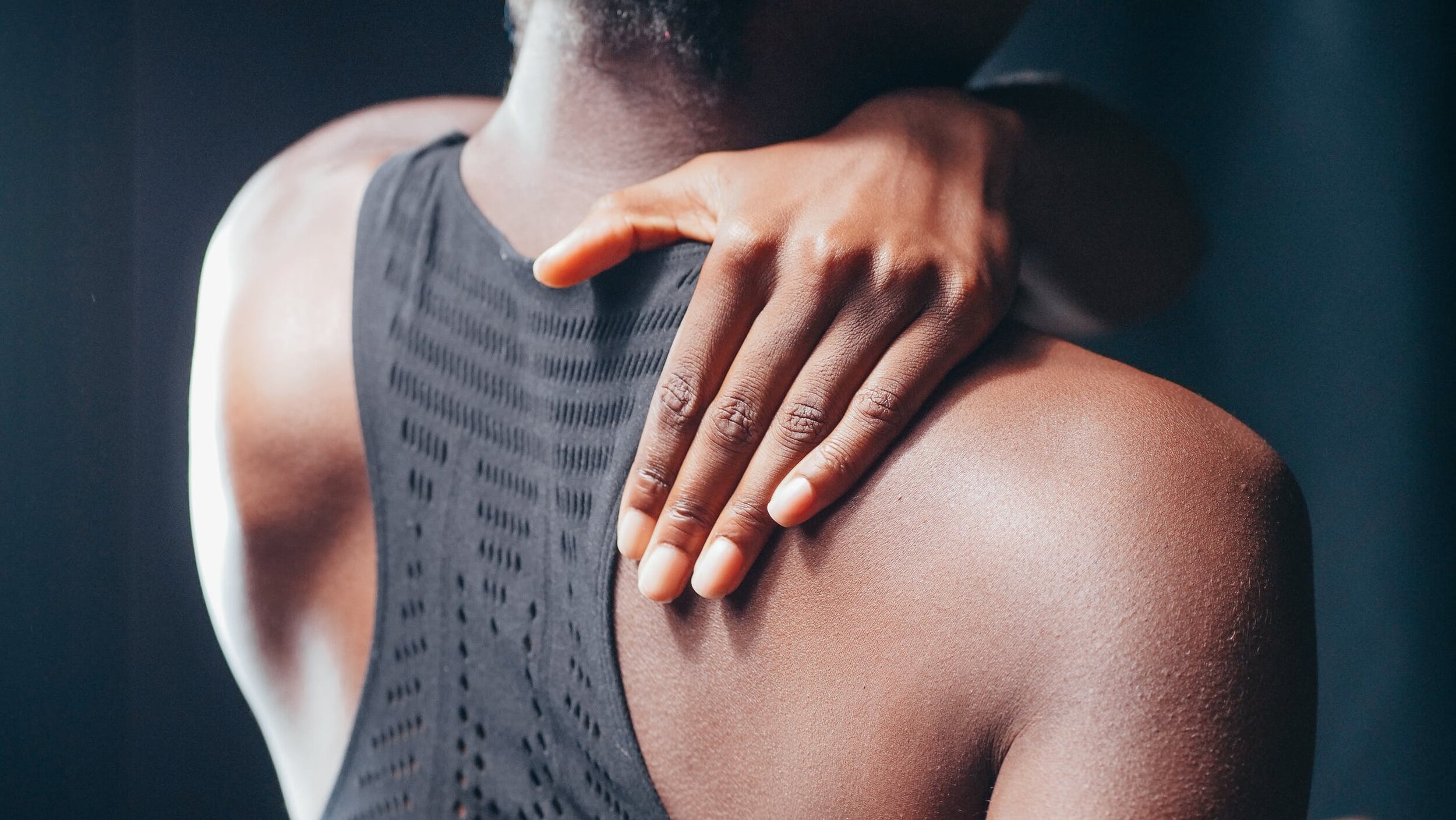Trigger or Tender Points in Fibromyalgia
Photo by Kindel Media
Fibromyalgia is a chronic widespread pain syndrome affecting 5% of the population with no known cure and often seen more in women than men usually occurring mid adulthood but can be found in teens as well as the elderly. Other forms of chronic pain issues like chronic pain syndrome, lupus, rheumatoid arthritis, and other rheumatic diseases share similar signs and symptoms with fibromyalgia like chronic fatigue, whole body pain and tenderness, as well as fluctuating in pain location and intensity. Often times, patients are told that they need to satisfy a certain number out of 18 tender points or trigger points in order to fit the criteria for diagnosis. Other reports suggest patient needs to pain points in 4 to 5 different pain locations. Because of the limitations of laboratory tests, health care providers have a protocol to thoroughly examine to determine if fibromyalgia is the proper diagnosis. This is important as signs and symptoms may also be seen in other treatable health conditions. Thus, it is important to seek a proper physical exam.
Treatment wise, research has shown that acupuncture and light therapy can help improve the quality of sleep and pain management for patients with fibromyalgia.
What are tender points also known as trigger points?
Tender points are specific points where you may experience pain. This is often times described as being sensitive to touch. It is not the “gross don’t touch me” sensitivity touch, but “Ouch! That hurts” type. Some areas are more sensitive than others and this is great insight and feedback to your acupuncturist so make sure to let your acupuncturist know.
What does a pain point mean to an acupuncturist?
Every point on your body coincide with a particular pathway in the Chinese Medicine paradigm. By knowing which area hurts, it provides insight to your acupuncturist where and what may be causing the problem. A skilled provider would know exactly which upstream and downstream pathways that may be attributing to your condition and develop a point prescription to help.
Where are the tender points in a fibromyalgia assessment?
Illustration by Caitlin Tsai
Back of the neck slightly above the hair line - close to the GB 20 acupuncture points
At the base of the neck at the top of the shoulder, a common point used to treat this area is GB 21
In the rhomboids, between the shoulder blades about 2 inches from the spine - close to the UB channel
Right below the collarbone
At the immediate right and left of the breastbone and 2 inches below the collarbone, a common point to treat this pain is RN 17
Lateral side of the forearm around the elbow crease - common acupoint used: LI 11 and LI 10
Around the back dimples and close to your SI joint - numerous points such as Yao Yan or also known as lumbar eyes
At the hip bone on the upper lateral side of the leg, also a common pain area for runners, and hip joint conditions
In the medial or inside aspect of the knee
Looking for Therapeutic Options?
The good news is that acupuncture and light therapy can help with the management of fibromyalgia symptoms, you can read about it from our other blog entry Acupuncture and Light Therapy for Fibromyalgia to learn more.
Citations
Cigna (2010, August 4). Cigna. Retrieved July 22, 2021, https://www.cigna.com/individuals-families/health-wellness/hw/fibromyalgia-tender-points-aa103823
Häuser W, Sarzi-Puttini P, Fitzcharles MA. Fibromyalgia syndrome: under-, over- and misdiagnosis. Clin Exp Rheumatol. 2019 Jan-Feb;37 Suppl 116(1):90-97. Epub 2019 Feb 8. PMID: 30747096.
Tunks E, Crook J, Norman G, Kalaher S. Tender points in fibromyalgia. Pain. 1988 Jul;34(1):11-19. doi: 10.1016/0304-3959(88)90176-5. PMID: 3165524.
Disclaimer: This is for informational use only. It is not intended to diagnose, treat, or cure your present condition. Please see your primary care provider for a proper physical exam and medical diagnosis.





